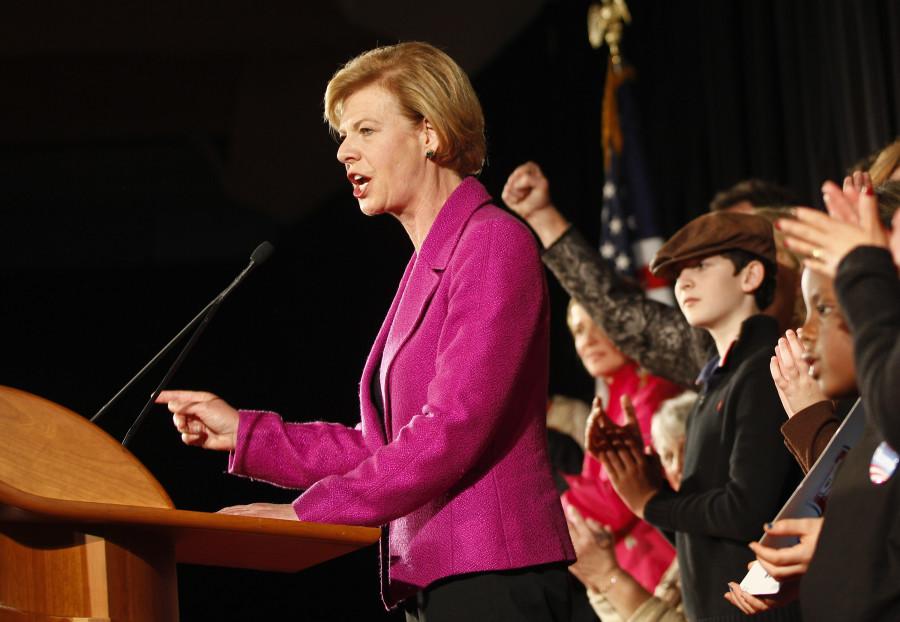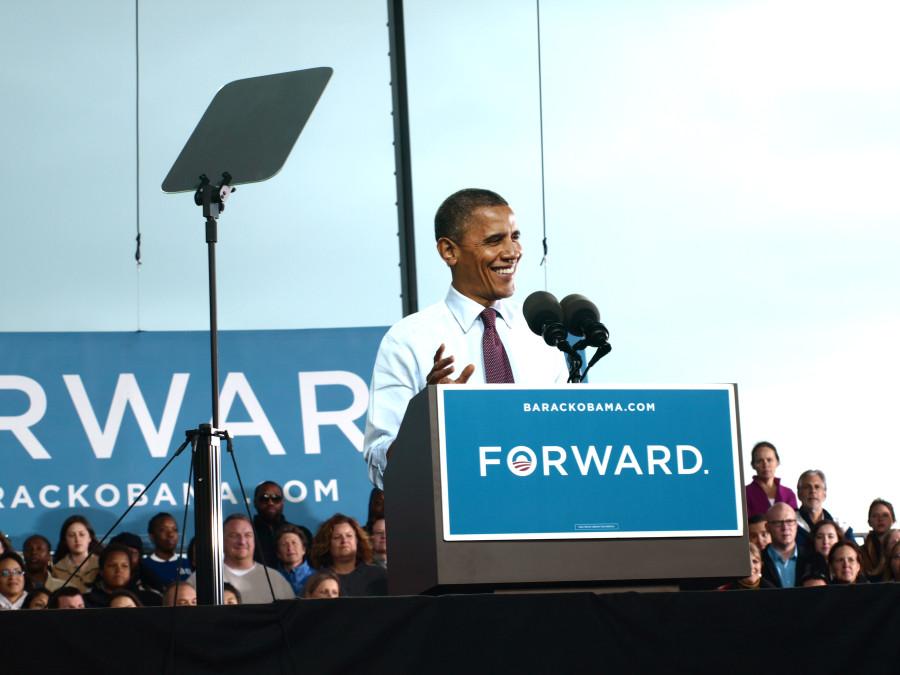The “war on women” made national headlines as a catchphrase in the presidential campaign with increased concern over equal pay and birth control.
After the election, a record one-fifth of the Senate is now composed of women. Some are saying the “war” has been won, while others, including Marquette professor of political science Janet Boles, are not sure what the “war on women” actually entails.
“I am not sure what the explicit definition of a ‘war on women’ would be,” Boles said. “Even so, there has been a war on (poverty), a war on cancer, a war on drugs, and a war on terrorism, which were all intended as targets of bad things, so framing this situation as a ‘war on women’ was a good political strategy.”
In Wisconsin, Tammy Baldwin has been called by the organization Stop the War on Women as a victor in the “war,” but Boles is skeptical of this conclusion.
“Tammy Baldwin didn’t run as a woman,” Boles said. “I don’t think that Tammy Baldwin won because of women or because of her sexual orientation. Generally, gender doesn’t make much of a difference in elections, and party identification plays a greater role in most elections.”
Laura Irvine, a senior in the College of Communication, said the “war on women” became a slogan and clever talking point during the presidential campaign, but it was more about women having equal opportunity to be successful without gender standing in their way.
“The fact is that women are becoming an increasing presence and increasingly successful in our world,” Irvine said. “There are more women than ever before on college campuses, in Congress and in high positions in corporations. This shows me that, as always, hard work, drive and perseverance pay off, and this can be said for both genders. Women can pursue their dreams and find success without making gender an issue.”
Boles said conservative talk-show host Rush Limbaugh’s comments demeaning a Georgetown University Law Center student helped to reignite the debate over whether women are being treated unfairly by the government. Limbaugh had commented on the student’s speech to House Democrats in support of mandating insurance coverage of contraceptives.
“The ‘war on women’ involved pay equity, the Affordable Care Act and funding for prescription contraceptives,” Boles said. “Somehow, abortion, birth control and women’s health became linked, and when women in Congress debated over abortion, it was framed as a health issue.”
Rutgers University compiled polling data from a variety of sources before the election. The data indicated a gender gap between men and women when it comes to their attitudes on public policy issues. The data shows that women were more likely to support programs to guarantee health care and basic social services. Women were also more likely to favor legal abortion without restrictions.
In addition to the issue-based gap, the data also indicated a gender gap in how men and women felt about the outlook for the country as a whole. Men were found to be less optimistic with the direction of the country than women.
Boles said women took advantage of redistricting and were elected as a result. She said this shows a steady progression toward equal gender representation in the government.







